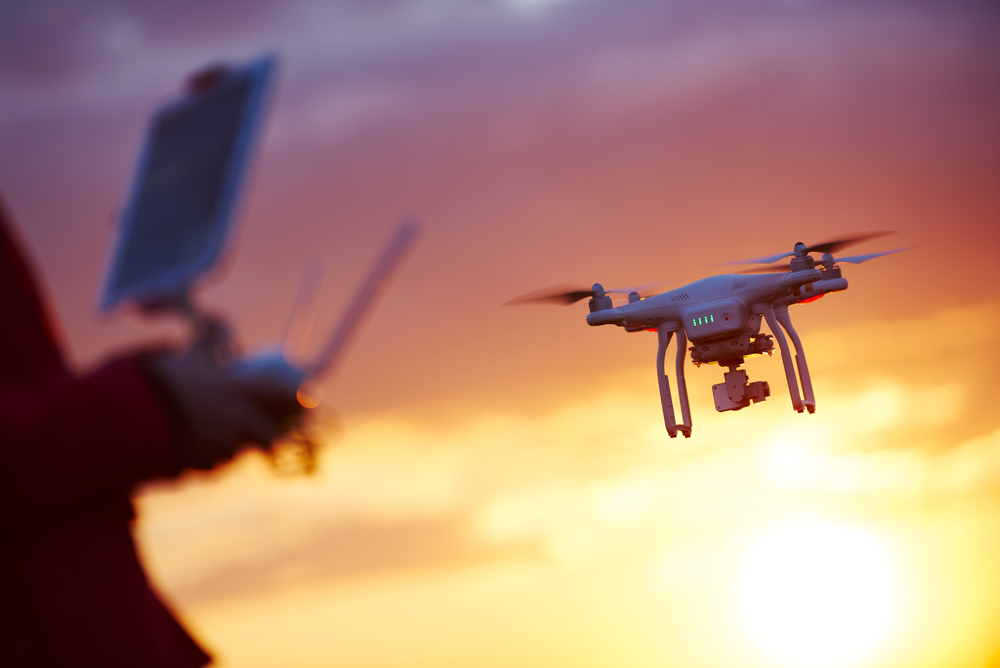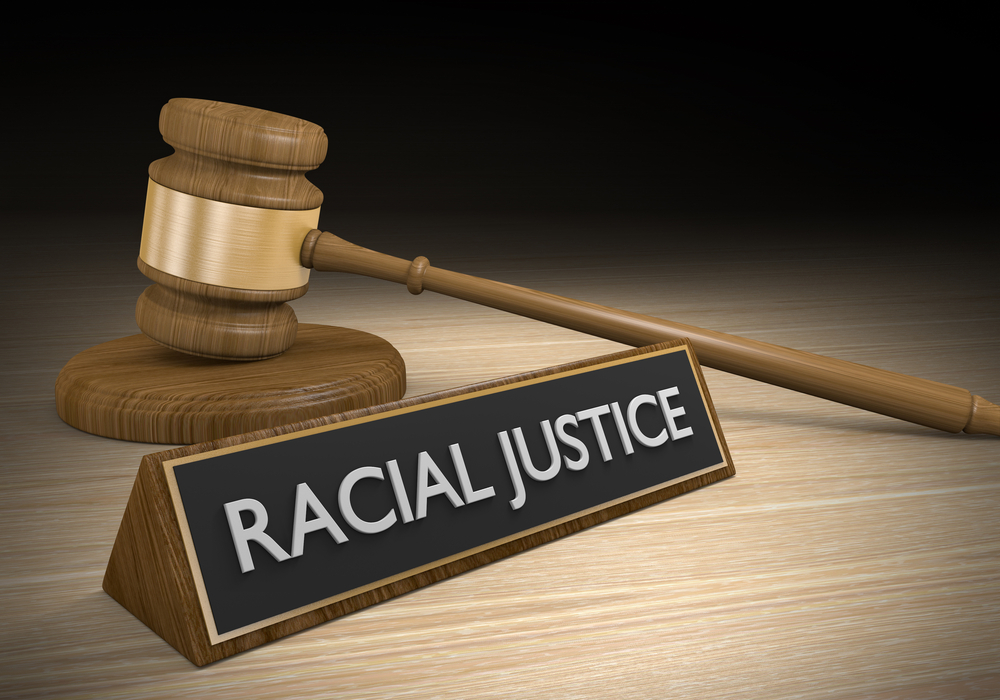With more than 1.1 million drones in the air on any given day, chances are, you will see them in your neighborhood, maybe flying over your yard or business.
The question often becomes one of privacy. If a drone flies over your property, is it trespassing?
In this new age of drone flight, there are still no easy answers. It may be several years before laws regarding drones become more settled, experts say.
RELATED: Eminent domain: When the government comes for your property, what are your rights?
RELATED: What you need to know about product liability
The Federal Aviation Authority has exclusive jurisdiction over all airspace in the United States, so anyone using that airspace is subject to federal regulations.
Drones, or Unmanned Aircraft Systems, are used for land surveillance, law enforcement, wildlife tracking, border patrol, disaster response and for fun.
While the FAA maintains jurisdiction over air space, state legislatures continue to debate how to regulate drone technology, according to the National Conference of State Legislators.
“State legislatures continue to debate if and how drone technology should be regulated, considering the benefits of their use, privacy concerns and their potential economic impact,” the NCSL says. “Since 2013, at least 44 states have enacted laws addressing drones and an additional three states have adopted resolutions. Common issues addressed in the legislation include defining what a UAS is, how they can be used by law enforcement or other state agencies, how they can be used by the general public and regulations for their use in hunting game.”
The FAA focuses primarily on safety, while states can focus more on privacy protection and the appropriate use of drones. The FAA has created a smart phone app called B4UFLY to help drone operators in determining if there are any restrictions in the area they wish to fly, or if there are requirements for notifying an airport, for example.
Some history on flight regulations

“If you step on my property, that is a trespass and I can sue you to make you go away and if you damage my property I can get damages,” said Lydia Hilton, a drone expert with the Atlanta law firm of Berman Fink Van Horn.
“If you throw an object across my property, that is also trespass. If I throw a baseball across your property, it is trespass.”
In the 1900s, she said, the U.S. government had property near a hotel and was firing its cannons across the end of the peninsula to see how far they would go. The Supreme Court ruled that if the government shoots cannons across resort property, it is a taking. That is still the law today.
“We get into the era of manned aircraft flight and for a long time there was a big debate about an airplane 5,000 feet up, but people said ‘if it’s over my property, it is trespass,’” Hilton said. But the Supreme Court determined it was not trespass.
“Ultimately, when they started building airports, if the airplane made the property around the airport unusable, the government had to pay for that,” she said.
As manned aircraft became mainstream, there were more and more cases of aircrafts interfering with the use of physical property. In Georgia, if planes get too close to buildings or property it is considered a trespass and damages may be paid.
“Ninety percent of the time with manned aircraft, they are literally traversing the space, not hanging out,” Hilton said. “But with drones, we get into something different. They are limited to under 400 feet and a lot of people don’t even want to fly them that high. We have much lower altitudes. Plus, nobody is paying too much attention to the property. They are just flying over.”
Drones are simply data collection devices, unless someone is flying one strictly to watch it fly, she said.
“Most people are using them to collect some information,” Hilton said. “Utilities may look at their lines, an insurance company may look at a rooftop. There are infinite numbers of ways to use them and infinite types of data that can be collected for good purposes. They can also be used to carry things. Utility companies can use them to string lines and they can be used for blood delivery. But what really concerns people is they don’t know who owns the drone and what kind of data is being collected.”
That brings the question back to trespass.

“There is a very good reason I have no article on my website explaining this,” said Jonathan Rupprecht, a Palm Beach County, Florida lawyer who specializes in drone law. “There is a lot to this area. It is the intersection of a giant spider web. It is interconnected with all the areas of law.
“If you are being annoyed by drones, your best bet is, if you feel threatened, to call the cops,” he said. “You can’t take matters into your own hands to destroy an aircraft because that is a federal crime.”
Just take the drone out of the equation, Hilton said.
“If someone is flying a drone over your property and harassing you, they can be charged with harassment. The drone is just an instrument” to commit the harassment.
A man in Kentucky shot down a drone flying over his property a few years back and was charged with criminal mischief and wanton endangerment for shooting it down. The charges were dropped. And a U.S. judge dismissed a lawsuit filed by the man whose drone was shot down in 2015.
In similar cases, Hilton said, the courts have not been so lenient with the person who shot down the drone.
“It’s never a good idea to shoot the drone,” Rupprecht said. “How do you differentiate a good drone from a bad drone or a reckless drone from one that has a legitimate failure? How do you determine that? There may not be a legitimate reason to charge either person. There is a federal right to fly in the navigable airspace.”
When there is an issue of recklessness
“Although the FAA publishes a contact email and hotline phone number for reporting drone problems, the FAA usually refers citizens back to local law enforcement,” Hilton said. She said it might be necessary to hire a lawyer for a persistent problem.
In some locations, including the Kent State University campus, those operating drones in a reckless manner face fines.
“The threat to public safety from unmanned aerial systems is not just foreseeable – it already exists in the form of numerous near-collisions with manned aircraft,” according to a report from the Congressional Research Services.
“FAA has encouraged UAS manufacturers to incorporate technology that could reduce the risk of rogue operations, such as built-in ‘geofencing’ capabilities that prevent the drone from entering airspace that is off-limits to UAS,” the report states. “These systems, however, may not have current information, as they usually require the operator to keep airspace data up to date.”
States with new drone legislation
According to the NCSL, at least 18 states in 2019 enacted new drone laws —Alaska, Arkansas, California, Delaware, Georgia, Hawaii, Indiana, Kentucky, Michigan, Montana, Nevada, New Jersey, North Carolina, Ohio, Oregon, Tennessee, Virginia and Washington. In all, they enacted 22 bills.
Seven states —Alaska, Nevada, New Jersey, North Carolina, Ohio, Oregon and Washington—established drone programs or appropriated funds to do so.
Arkansas, Delaware, Georgia, Kentucky, Virginia and Tennessee prohibited drones flying over some properties, including correctional institutions and other places for utilities, defense, telecommunications and railroads.
California, Indiana and Tennessee each added drone-related privacy protections.
Three states — Hawaii, Montana and Virginia — laid out specific instances when evidence collected by a drone may be used and in which circumstances drones may be used by law enforcement.
New Jersey prohibited drones from delivering medical marijuana.
Despite all that, Hilton reiterated, there is no real answer yet to the trespass issue.
“Everybody is trying to skirt the trespass issue for now and finds a way around it.”














